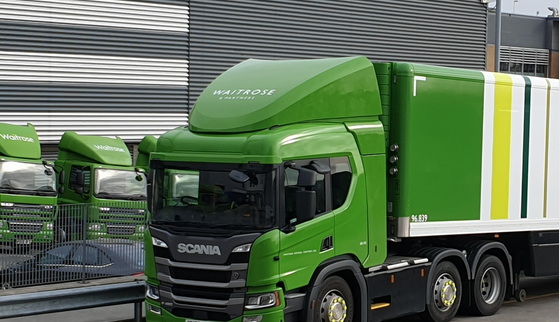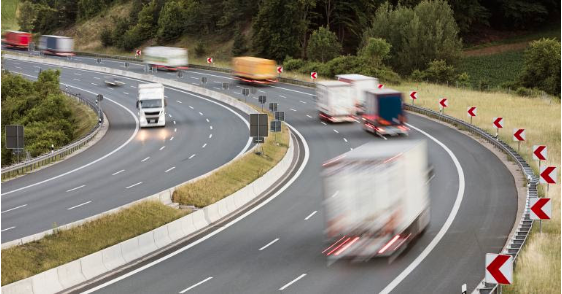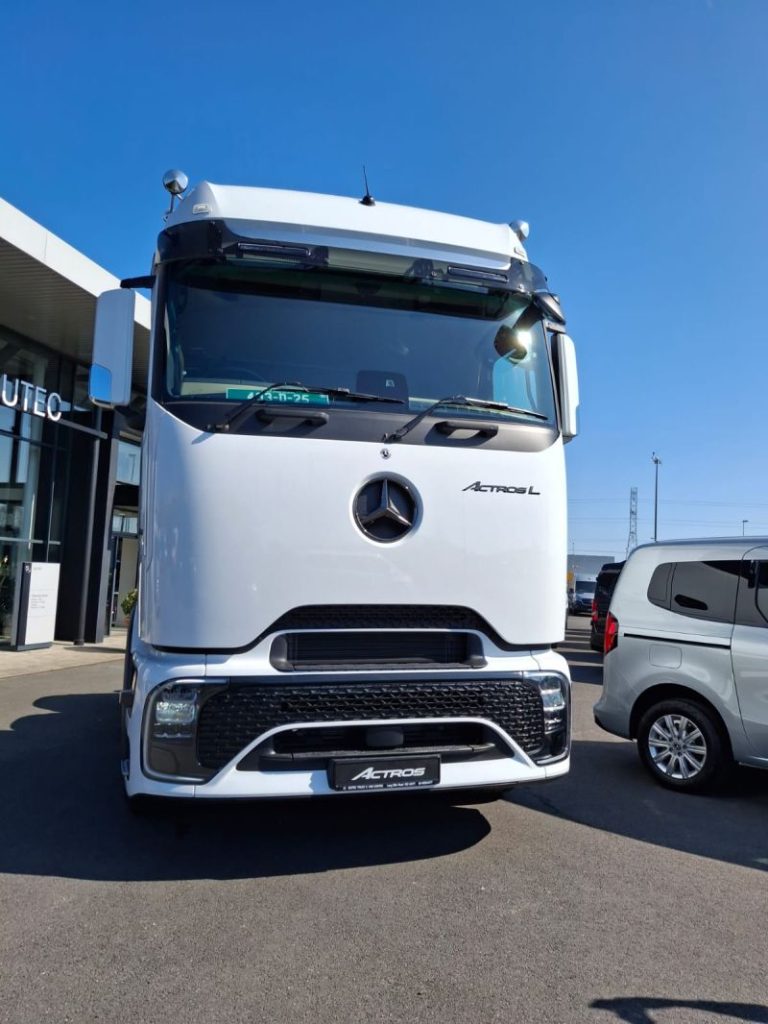With diesel prices set to increase by five cent per litre on Friday, 1st September, haulage operators are being reminded of the benefits of fitting wind deflectors to reduce full consumption.
 “Wind deflectors, also known as aerodynamic fairings or spoilers, are devices installed on vehicles to improve their aerodynamic efficiency and reduce drag. In the context of eco-friendly Heavy Goods Vehicle (HGV) driving, wind deflectors can play a significant role in optimising fuel efficiency and reducing emissions, said John Loughran, Editor HGVIreland.com
“Wind deflectors, also known as aerodynamic fairings or spoilers, are devices installed on vehicles to improve their aerodynamic efficiency and reduce drag. In the context of eco-friendly Heavy Goods Vehicle (HGV) driving, wind deflectors can play a significant role in optimising fuel efficiency and reducing emissions, said John Loughran, Editor HGVIreland.com
Here’s how wind deflectors can be beneficial for eco HGV driving:
- Reduced Drag: Wind deflectors are designed to redirect the airflow around the vehicle, reducing the air resistance that the HGV encounters as it moves. This reduction in drag can lead to improved fuel efficiency, as the vehicle requires less energy to maintain its speed.
- Improved Fuel Efficiency: With reduced drag, the HGV’s engine doesn’t have to work as hard to overcome air resistance. This results in improved fuel economy, which is especially important for eco-friendly driving where minimizing fuel consumption and emissions is a priority.
- Lower Emissions: When an HGV is more fuel-efficient, it generally emits fewer greenhouse gases and pollutants. Wind deflectors contribute to this by helping the vehicle operate more efficiently, which can align with environmental sustainability goals.
- Regulatory Compliance: Some regions or countries have regulations or incentives in place to encourage the use of fuel-efficient technologies, including aerodynamic enhancements like wind deflectors. Using such devices can help HGV operators meet these regulatory requirements.
- Long-Haul Benefits: Wind deflectors are particularly effective on long-haul journeys where the vehicle spends extended periods of time at high speeds. The cumulative effect of reduced drag over long distances can lead to significant fuel savings.
- Cost Savings: Fuel expenses are a major operational cost for HGV fleets. By investing in wind deflectors and other aerodynamic improvements, fleet operators can save money over the long term due to reduced fuel consumption.
- Technological Innovations: Wind deflector technology continues to evolve. Advanced designs, materials, and adjustability features can further enhance their effectiveness and adapt to different driving conditions.
It’s important to note that the effectiveness of wind deflectors can vary based on factors such as the vehicle’s design, the type of trailer being hauled, the driving speed, and the specific road conditions. Before installing wind deflectors or other modifications, it’s advisable for HGV operators to conduct thorough research, consult with experts, and potentially conduct tests to determine the potential fuel savings and benefits.
Additionally, staying up to date with the latest industry developments and technological advancements is crucial to ensure that the chosen wind deflector solution aligns with the goals of eco-friendly HGV driving.


